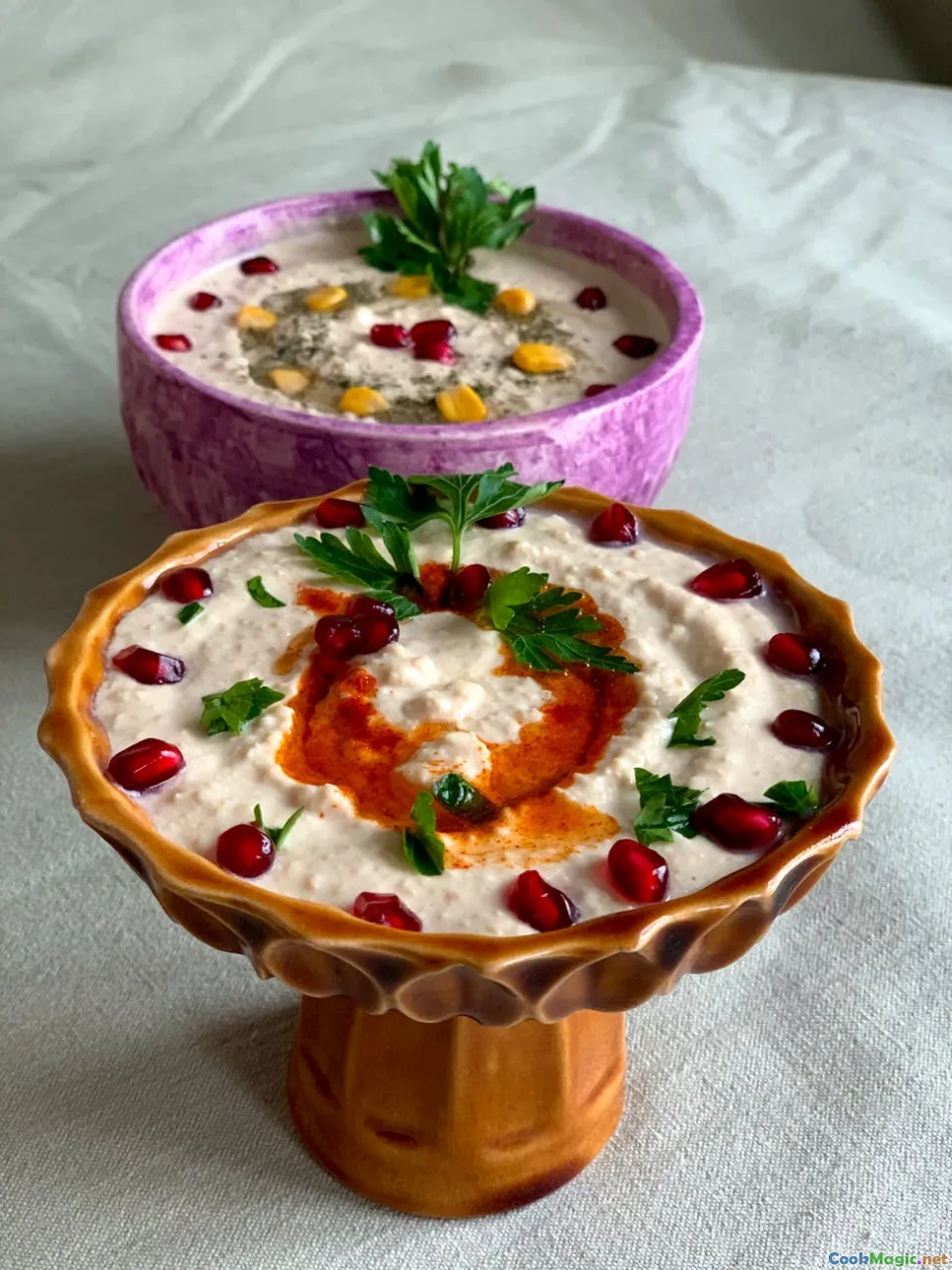Vegetarian Delights from Turkish Cuisine Explained
8 min read Discover the rich tapestry of Turkish vegetarian dishes, from vibrant mezes to hearty vegetable stews, and explore their cultural significance. April 27, 2025 22:55
Vegetarian Delights from Turkish Cuisine Explained
Imagine wandering through bustling markets where the air is thick with the aroma of roasted vegetables, fresh herbs, and tangy citrus. Picture a table laden with colorful plates of mezze, each bursting with flavor and tradition. Turkish cuisine, renowned for its rich history and diverse influences, offers a treasure trove of vegetarian delights that are both satisfying and deeply rooted in centuries-old culinary practices.
The Cultural and Historical Tapestry of Turkish Vegetarian Food
Turkey’s geographical position at the crossroads of Europe and Asia has made it a melting pot of culinary traditions. From the Ottoman Empire’s opulent feasts to the humble village recipes handed down through generations, vegetarian dishes have always played a vital role.
Historically, Turkish vegetarian cuisine was shaped by the availability of local ingredients—fresh vegetables, legumes, grains, and herbs—coupled with a cultural emphasis on hospitality and sharing. Religious practices, particularly Islam, which emphasizes moderation and abstention from meat on certain days, further encouraged the development of an array of plant-based dishes.
Today, vegetarian Turkish cuisine is celebrated not only for its health benefits but also for its vibrant flavors, textures, and the communal spirit it fosters.
The Heart of Turkish Vegetarian Cuisine: Mezes and Starters
Mezes: An Array of Flavorful Small Plates
One cannot discuss Turkish vegetarian cuisine without mentioningmezes—small, shareable dishes that serve as the heart of social dining. These are not just appetizers; they are a celebration of local produce and culinary artistry.Hummus— Creamy, garlicky, and topped with a drizzle of olive oil and paprika, Turkish hummus varies from its Middle Eastern counterparts with subtle regional twists.Ezme— A spicy, tangy salad made from finely chopped tomatoes, peppers, onions, herbs, and pomegranate molasses. Its bright, fresh flavors awaken the palate.Fasulye Salatasi— A simple yet flavorful bean salad with parsley, lemon, and olive oil, highlighting the humble legume.Çılbır— Poached eggs on a bed of garlicky yogurt, drizzled with melted butter infused with paprika—an indulgent yet vegetarian classic.Dolma — Stuffed grape leaves filled with a mixture of rice, herbs, and sometimes pine nuts or currants, offering a savory burst of flavors.
Savoring the Textures and Flavors
The beauty of Turkish mezes lies in their diversity—crunchy, creamy, spicy, and tangy all at once. The use of fresh herbs like parsley, dill, and mint elevates each bite, while lemon juice and olive oil add brightness and depth.
Heartier Vegetarian Dishes: Stews, Pies, and Grains
Imam Bayildi: The Iconic Eggplant Dish
Imam Bayildi, translating to “the imam fainted,” tells a story of a pious man overwhelmed by the richness of this stuffed eggplant dish. Sliced eggplants are simmered in a fragrant tomato sauce with onions, garlic, and herbs, then baked until tender. The use of olive oil and the smoky flavor of the eggplant create a melt-in-your-mouth experience.
Gözleme: Savory Flatbread Filled with Vegetables
Gözleme is a traditional Turkish flatbread, rolled thin and filled with spinach, feta, herbs, or other vegetables, then cooked on a griddle. Its crispy exterior and flavorful filling make it an irresistible snack or meal.
İçli Köfte (Vegetarian Version)
While traditionally made with minced meat, vegetarian versions replace the meat with bulgur, walnuts, and spices, creating a hearty, chewy, and flavorful dish.
Bulgur Pilaf and Vegetable Stews
Bulgur pilaf, seasoned with herbs and sometimes mixed with vegetables like carrots, peas, or zucchini, offers a nutritious base for many meals. Vegetable stews, such as Zeytinyağlı Enginar(artichokes in olive oil) andKuru Fasulye (white bean stew), showcase the simplicity and depth of Turkish vegetable cuisine.
The Art of Turkish Vegetarian Baking
Börek: Savory Pastries
Börek, made with phyllo dough and filled with spinach, cheese, or potatoes, bakes into golden, flaky perfection. Its crispy layers complement the creamy or cheesy fillings, offering a comforting bite.
Pide: Turkish Flatbread Pizzas
Vegetarian pide toppings often include a medley of vegetables, cheese, and herbs, baked to perfection. The soft, chewy bread forms the perfect vessel for these flavorful toppings.
Sweets and Desserts: The Vegetarian Finale
Turkish desserts often incorporate nuts, fruits, and honey, making them suitable for vegetarians.
Baklava— Layers of phyllo dough, chopped nuts, and honey syrup create a sweet, crunchy masterpiece.Künefe— A cheese-based dessert topped with pistachios and soaked in syrup, offering a unique sweet and savory experience.Aşure (Noah’s Pudding) — A traditional mixture of grains, fruits, nuts, and spices, symbolizing abundance and community.
Personal Reflections and Cultural Insights
Having traveled across Turkey, I’ve witnessed how vegetarian dishes are woven into daily life and celebrations. Sharing a plate of ezme or enjoying a bowl of zeytinyağlı fasulye with locals is a window into their hospitality and love for fresh, seasonal ingredients.
The use of olive oil, fresh herbs, and seasonal vegetables reflects a deep respect for nature’s bounty. Each dish tells a story—of history, geography, and social customs—making Turkish vegetarian cuisine a rich tapestry worth exploring.
Final Thoughts: Embracing Vegetarian Turkish Cuisine
Turkish vegetarian dishes are more than just meatless options; they are a celebration of flavors, textures, and cultural heritage. Whether you are a dedicated vegetarian or simply seeking to diversify your palate, these dishes offer a delicious gateway into Turkey’s culinary soul.
Next time you encounter a plate of imam bayildi or a spread of mezes, remember the centuries of tradition and community that bring these flavors to life. Embrace the vibrant, plant-based side of Turkish cuisine—you might just find your new favorite dish in this timeless culinary landscape.









